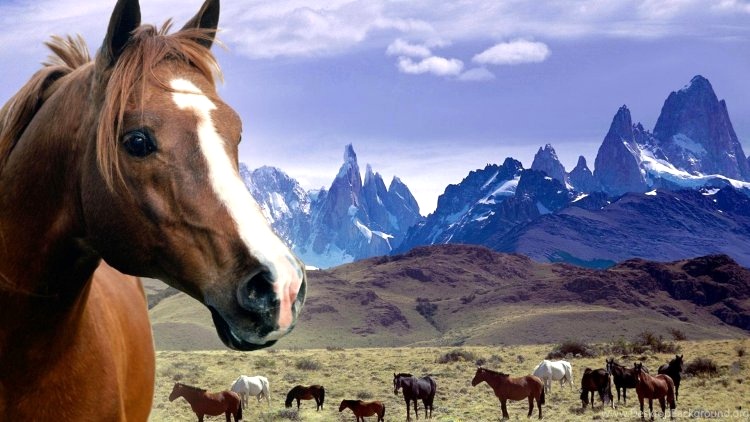Horse racing is an exciting and thrilling sport, enjoyed by millions of people around the world. However, the question of whether or not horse racing goes ahead in rain is one that is often asked and is an important consideration for those involved in this sport. This article will provide an overview of the different factors that are taken into account when deciding whether or not horse racing can go ahead in wet weather conditions.
Safety of the Horses
The primary concern when it comes to horse racing in wet weather is the safety of the horses. This is paramount and must be taken into consideration when determining whether or not a race should go ahead. In wet weather, the track can become slippery and dangerous for the horses, leading to an increased risk of injury. As such, race officials may decide to postpone or cancel a race if the conditions are deemed too dangerous for the horses.
Condition of the Track
In addition to the safety of the horses, the condition of the track is also taken into consideration when deciding whether or not a race should go ahead in wet weather. If the track is wet and muddy, it can be difficult for the horses to gain traction and can lead to poor performances. As such, race officials may decide to call off a race if the track conditions are deemed unsuitable for racing.
Time of Year
The time of year can also be a factor when deciding whether or not horse racing should go ahead in wet weather. During the summer months, there is usually less rain and the temperatures are generally warmer, which can help to dry out the track faster. However, if it is raining during the winter months, the track may take longer to dry out and race officials may decide to postpone or cancel a race due to the wet conditions.
Type of Race
The type of race can also be a factor when determining whether or not horse racing should go ahead in wet weather. For example, flat races are usually held on grass tracks and can go ahead in wet conditions as long as the track is safe and the horses are comfortable. On the other hand, steeplechase races are held on a mixture of turf and jumps and can be more hazardous in wet weather. As such, race officials may opt to postpone or cancel a race if it is deemed too dangerous for the horses.
The Decision
Ultimately, the decision as to whether or not a race should go ahead in wet weather is made by the race officials. They will take into account a variety of factors, such as the safety of the horses, the condition of the track, the type of race, and the time of year, before making a final decision. If the conditions are deemed safe and suitable for racing, then the race will go ahead as planned. However, if the conditions are deemed unsafe or unsuitable, then the race officials may opt to postpone or cancel the race.
Conclusion
In conclusion, whether or not horse racing goes ahead in rain is a decision that is made by the race officials. The safety of the horses is the primary consideration when determining whether or not a race should go ahead in wet weather, and a variety of other factors may also be taken into account. Ultimately, if the conditions are deemed safe and suitable for racing, then the race will go ahead as planned.



